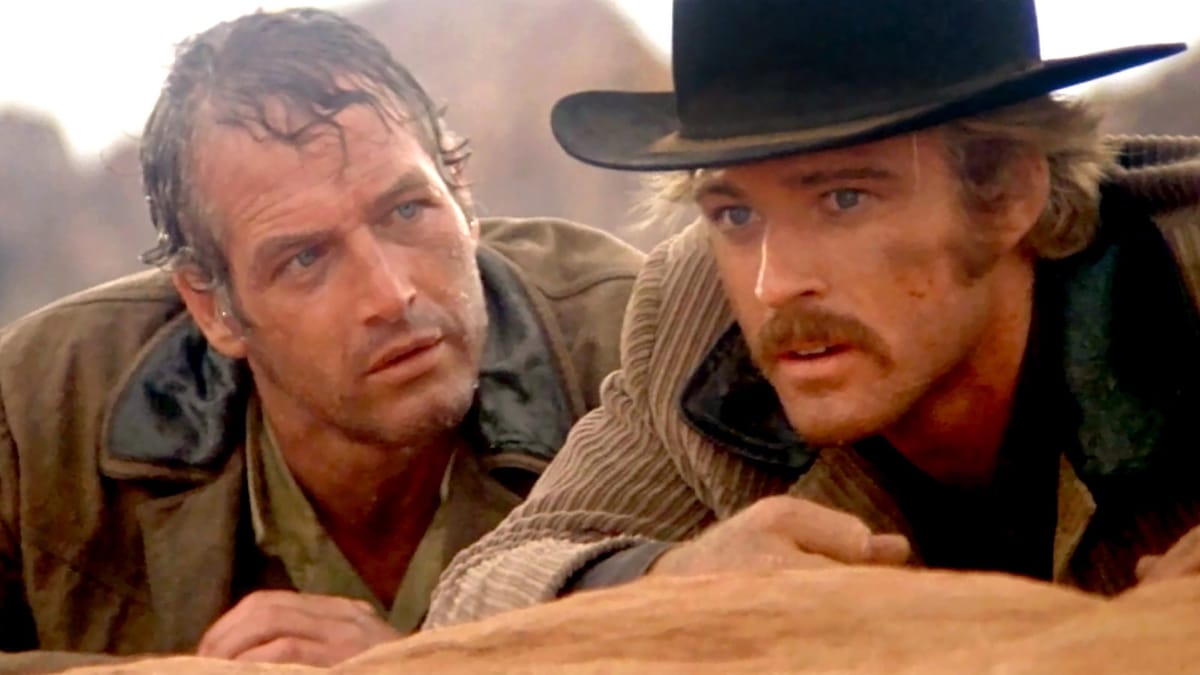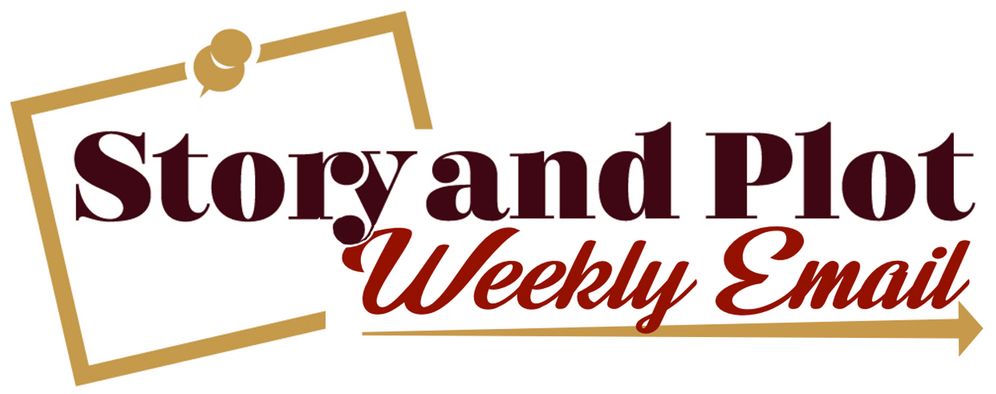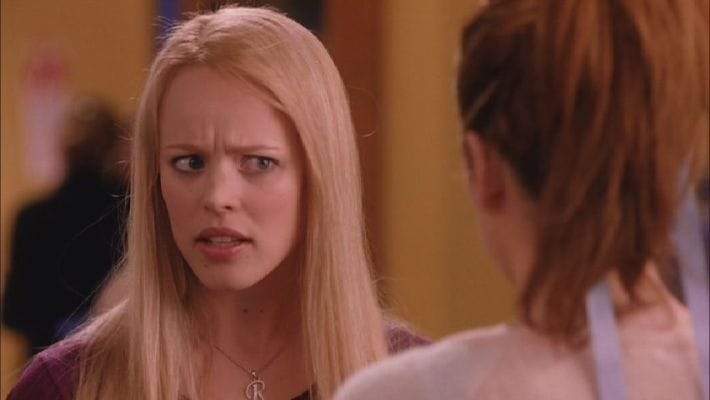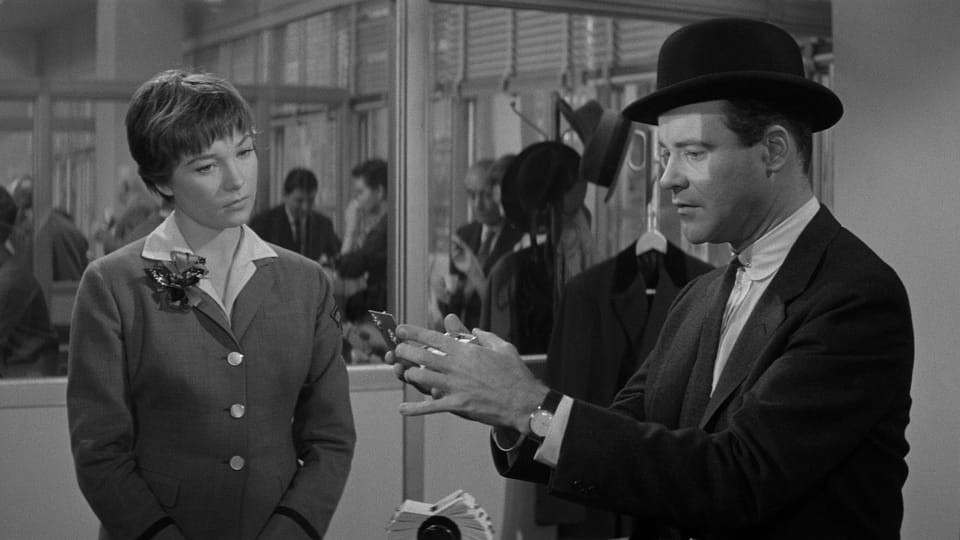Do professional screenwriters get to play by different rules?
Do professional writers operate under different rules? No. They do not. Can they get away with more aggressive formatting? Yes, they can. But not because of rules.

The Story and Plot Weekly Email is published every Tuesday morning. Don't miss another one.
I have seen the comment many times. “A pro can get away with that, but not someone just starting out.”
They’re talking about choices we make in our screenwriting, mostly referring to format and style.
Do professional writers operate under different rules?
No. They do not.
Can they get away with more aggressive formatting and stylistic choices that early writers cannot?
Yes, they can.
But not because of rules.
It's because they write with clarity, confidence, and purpose.
Any writer who writes with the same clarity, confidence, and purpose can get away with it just fine.
Because the truth is, there is no “getting away” with anything.
Did I mention they are writing with clarity, confidence, and purpose?
What's to complain about?
It has nothing to do with their WGA membership.
First, we emulate those we admire.
I learned action-line habits (some bad!) from reading screenplays, primarily from LETHAL WEAPON 2, which for a while was the only screenplay I owned.
Later, while working on a project, I read Adventures in the Screen Trade by William Goldman.
In that book, Goldman explains the why and the how for his formatting of BUTCH CASSIDY AND THE SUNDANCE KID. It’s aggressive, and it takes up a lot of pages.
But it’s fun to read. I loved it.
So I tried it! And the producer asked, “What the hell is this?”
“That’s how William Goldman does it!” I said. Like it was some kind of mic drop.
And without missing a beat, the producer replied, “Well, when you’re William Goldman, you can do that. Until then, knock it off.”
It may sound like this story supports the “pros can get away with it” stance, but it’s important to understand…
I didn’t really know what I was doing.
I was emulating only the surface of Goldman’s style.
I was focused on the appearance rather than the intent. It may have looked like Goldman from five feet away, but if you read the words, especially in context, they were absolutely not Goldman.
I knew I liked that way of writing and wanted to pursue it, but I didn’t have the skill set to go all in like I was trying to do.
Anyone who has tried to emulate something more advanced understands that once you start digging into something, it's usually much harder than it looks.
And the more you learn, the more you realize what you missed in your earlier attempts.
Early on, your job is just to get better.
You don't have to do this all at once. There is no need to go zero to sixty in the first couple of scripts.
Experiment, sure. Have fun. Push the edges. But you're looking to build confidence. That comes from doing what you are trying to do well.
So don't try to do too much too soon.
Focus instead on just doing it well.
Look for choices that make your job easier.
This applies to the story, structure, characters, and everything.
When in doubt, keep it simple.
Establish a relationship with the reader. Build trust.
You do that by making decisive choices with total clarity.
Let them know they're in good hands.
The first page desperation.
We're told to open a screenplay big and exciting, and the pressure is immense to keep the reader turning the page.
So writers try way too hard to impress. They get cutesy with their language. They try to channel 1985 Shane Black!
It's a wink and nudge written with ironic distance rather than emotion.
Desperate style over substance.
They read a pro open their screenplay with, "FADE THE FUCK IN:" which is a great opening line!
Now, they want to try something equally cheeky.
But they can't back the writing up with like the pro. Or it's not the right tone for that page or that audience.
In short, it reads as posturing or, worse, smugness. And that relationship we try so hard to nurture becomes hostile instead.
The last thing you want is a feeling from the reader like, “I don’t like the person writing this.”
We impress through competence.
We are screenwriters. We have to learn to write. But the fact is, choosing what happens on the screen is a different skill than deciding how to write it on the page.
If you’re going to excel at one and only be competent at the other, it should be “on the screen” and “on the page,” respectively.
But you can and should keep getting better at both.
I have added tricks and devices to my toolbox a little bit at a time over the years. My writing appears quite aggressive now, but that was gradual. It wasn’t overnight.
Two things to never sacrifice
- Clarity of intent.
- Emotional truth.
Always choose clarity and competence over the need to impress. For example...
I hate "INT." and "EXT."
I hate them with a passion. They are terrible to read and clunky, and people skip over them anyway. In short, they mess up everything.
But they're kind of standard in screenplays, no? (Dan Gilroy ignored them completely in NIGHTCRAWLER, but that's another story!)
I use them as little as possible. For me, I introduce a sequence with one but don't use them again until a new sequence starts.
I recently delivered a draft with 193 scene headings. I used EXT. 15 times and INT. 21 times.
This means 81% of my scene headings have no EXT/INT designation at all.
Because it reads better. Please don't try this at home yet because it is harder than it looks.
For example:
And this:
In the context and flow of things, they both read great, and I'm happy with this style to accomplish what I want to accomplish.
(This will drive TV writers nuts since they are always writing production drafts.)
But I recently had a screenwriter friend read a script of mine before I went into a round of rewrites, and he stumbled a little bit on this:
He found THEY BURST OUTSIDE confusing.
This wasn't a location. This was a subject and an action.
It took him a few seconds to figure out what I was trying to achieve there. He did, and he went on, but he brought it to my attention.
We have a director on this project, and he has no complaints about it. We also have a producer, and he didn't mention it.
Neither did my agents. Or my manager.
No one has said a word about this except this guy.
But he was 100% right.
I wrote something that was unclear. And I could see that it was unclear.
I am all for aggressive screenwriting.
But the moment it dilutes clarity and interferes with the reading experience, it is too aggressive.
And this has nothing to do with being a pro or not. This applies to everyone.
And this is what friends reading your screenplay is for. So thank you, Jonathan!
Your goal is to get to yes.
Everything else is just tactics.
Whatever that reader is doing, you want them to say yes.
Yes, to recommend it.
Yes, to represent it.
Yes to pitch to their boss.
Yes to produce.
Yes to direct.
Yes to star in.
Yes to finance.
Yes to greenlight.
That’s your goal, and every decision should be seen as a step towards achieving that goal.
I preach that the job of the screenplay is to evoke the emotional experience of watching the movie on screen.
Why?
Because that is the best way to get to yes.
Make every choice that you can that makes your job easier.
Twitter Spaces Event!
My friend Jonathan Stokes and I will hold a Twitter Spaces event this Wednesday at 12pm CST/10am PST.
Our guest will be Anna Halburg who co-wrote and co-directed TAROT, which opened nationally in theatres this weekend.
Jonathan is a wonderful screenwriter and director and is widely noted for being on Hollywood's year-end Blacklist four years in a row. Which is ridiculous.
I met Jonathan through my admiration of his wonderful YouTube series Raising The Stakes. It is truly impressive work, and I learn something from each one.
If you do not follow me on Twitter, please do so!
We will do this audio-only event live, and you should be able to interact and ask questions!
Click here to follow me on Twitter/X.
And don't forget Jonathan, either!
Wednesday at 12pm CST/10am PST.
That's a wrap for this week!
Thanks again for subscribing, I hope this helps. And please join us on Wednesday for our very first Twitter Spaces event!
Cheers!
Tom
The Story and Plot Weekly Email is published every Tuesday morning. Don't miss another one.
When you're ready, these are ways I can help you:
WORK WITH ME 1:1
1-on-1 Coaching | Screenplay Consultation
TAKE A COURSE
Mastering Structure | Idea To Outline




